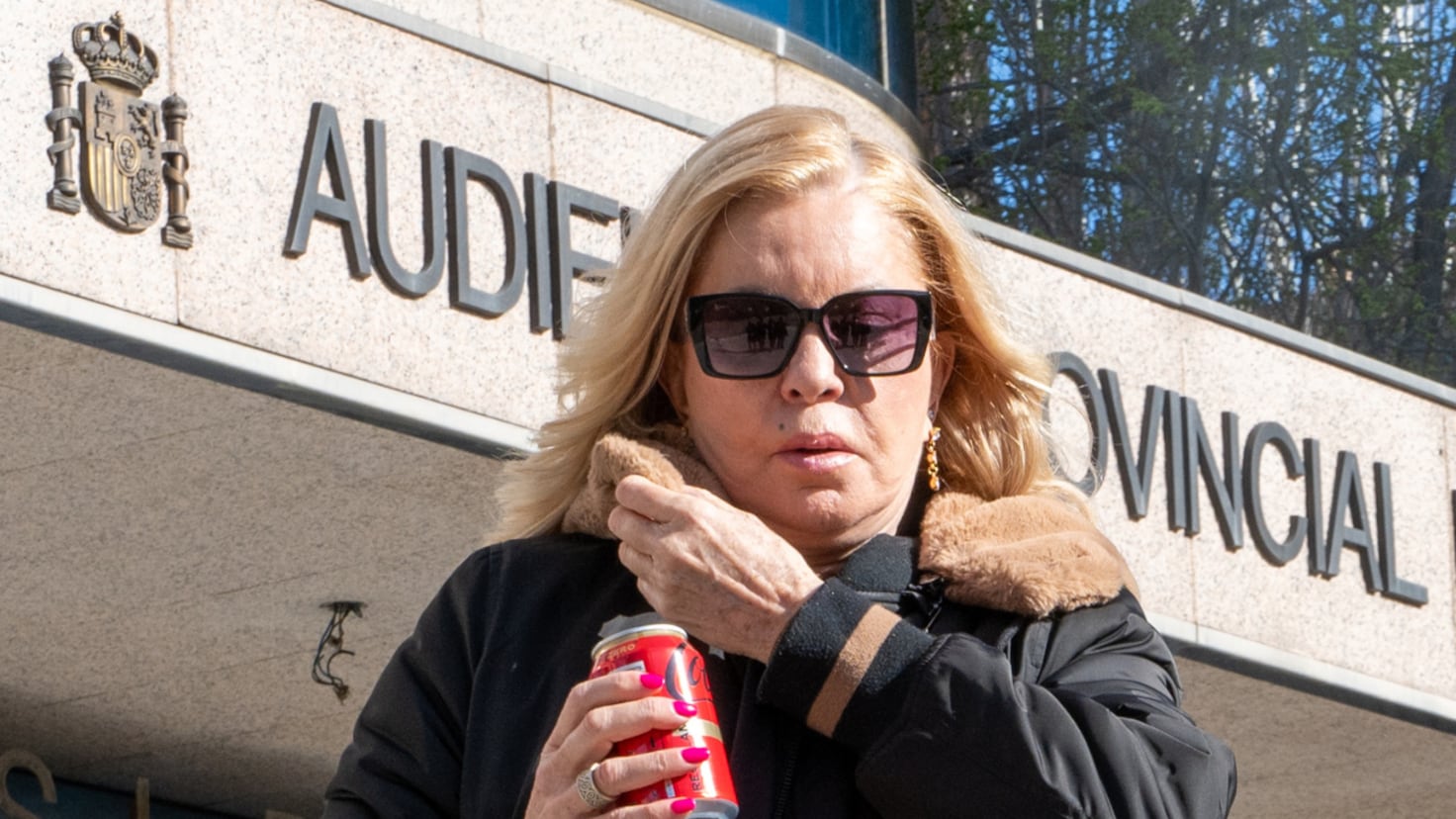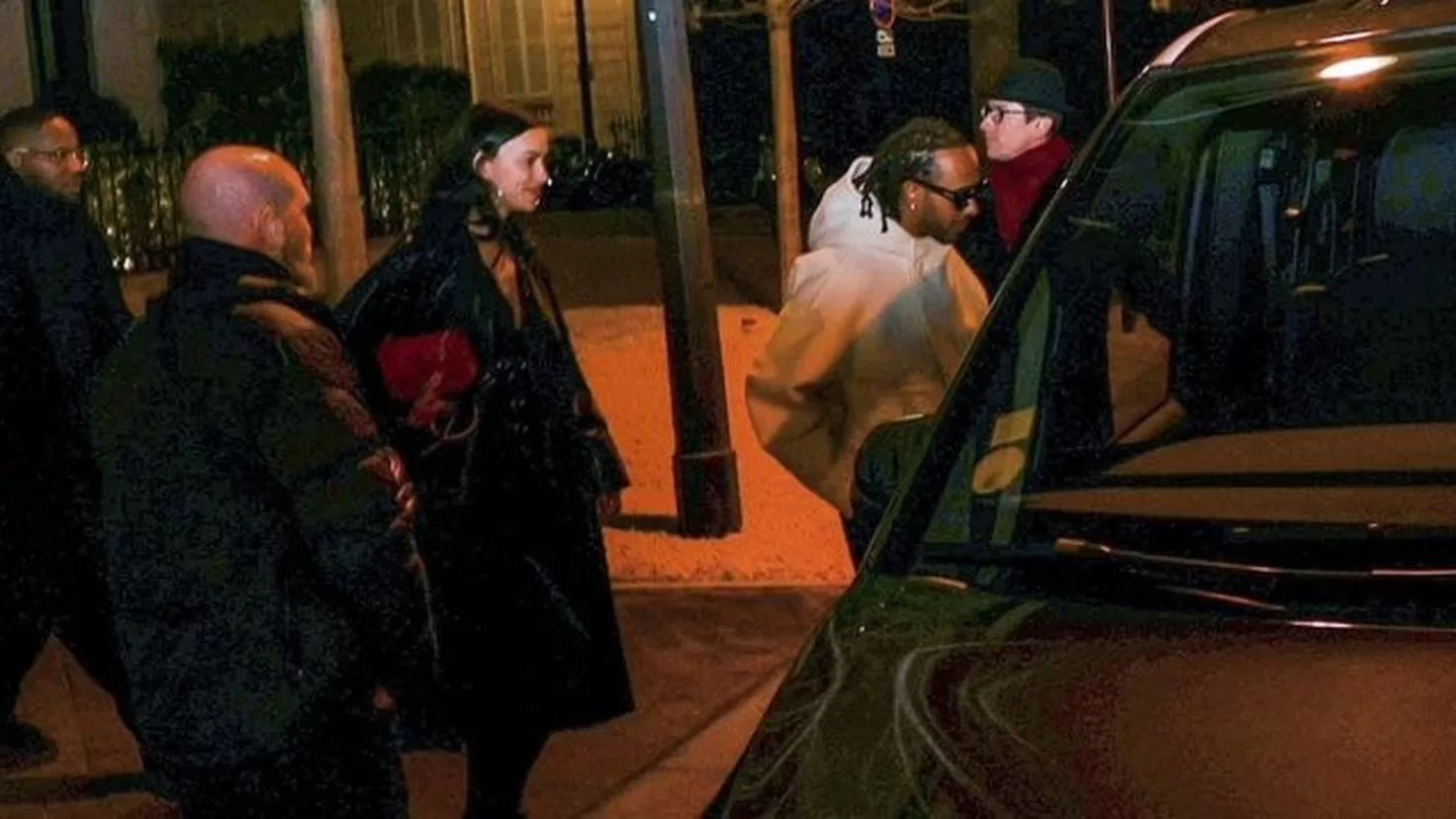FFounded in 2021 by João Amorim and Daniela Amaral Cardoso, this theatrical collective based in Oliveira de Azeméis, in the Aveiro district, conceived the show “United Colors of” in partnership with director João Garcia Neto, based on research carried out in manuals schoolbooks and other pedagogical materials from the 19th and 20th centuries, deposited in the documentation center of the Museum of Válega.
Bandevelugo then invited several artists to explore this material and, after two residencies on these contents in Ílhavo and Lisbon, in installations at 23 Milhas and Polo das Gaivotas, the end result is what actor and director João Amorim defines as “a performative exhibition based on the pedagogical matrix of the Estado Novo”.
“We asked each artist to explore a different thematic territory and what happened was that this material gained a much greater dimension than we had expected”, says João Amorim to the Lusa agency.
Over the course of 90 minutes, directors such as Daniela Amaral Cardoso, Joana Magalhães and Ricardo Neves lead the public through different rooms of the museum installed in a school building from 1910, asking the spectator questions that reflect, on the one hand, the thinking of the times of the dictatorship and, on the other hand, the most neoliberal and capitalist posture of today.
One of the comparisons that “United Colors of” provides, for example, concerns expressions of colonialism, such as the one related to the Portuguese colonial past and the current market deregulation, in which the co-founder of Bandevelugo defends that, “in fact, what what is happening now is the same thing that was seen decades ago, only happening in other places and with a modified language, which makes everything more acceptable”.
Another reflection that the play encourages is about fascism and freedom, in an effort to locate more or less concealed systems of violence.
“A key phrase of this work is that of Thomas Mann, when he said that, when fascism arrived in Europe, it would be in the name of freedom”, explains João Amorim. “And the fact is that, for our country and for others, the current speeches of freedom have generated new forms of violence”, he argues.
Another segment of the show plays with the concept of ‘iopressed’, since, similarly to that intravenous contrast substance used in the detection of cancerous tumors, the temporal distance from the dictatorship now allows “to detect in the reading manuals of the Estado Novo a matrix Manichaean pedagogy that organizes behavior and national thought, sewing an apparently altruistic social model, but which, in reality, constituted a brutal assault on individual freedom”.
For João Amorim, the Bandevelougo survey made it clear that “the Estado Novo reading manuals were a firing squad that intended to destroy any glimmer of free thought at an early stage”.
The show “United Colors Of” is being previewed at Museu Escolar Oliveira Lopes, on March 30th and 31st, exclusively for groups of students. On Saturday, the 1st, it will be presented to the general public at 11:00 am and 4:00 pm, with simultaneous translation in Portuguese Sign Language.
Admission is free, but you must book in advance via email (email protected)
Afterwards, the same production will be on stage at the Convento de São Francisco, in Coimbra, on the 19th and 20th of April.
Also Read: Four exhibitions celebrate Portuguese comics at the Bordalo Pinheiro Museum




